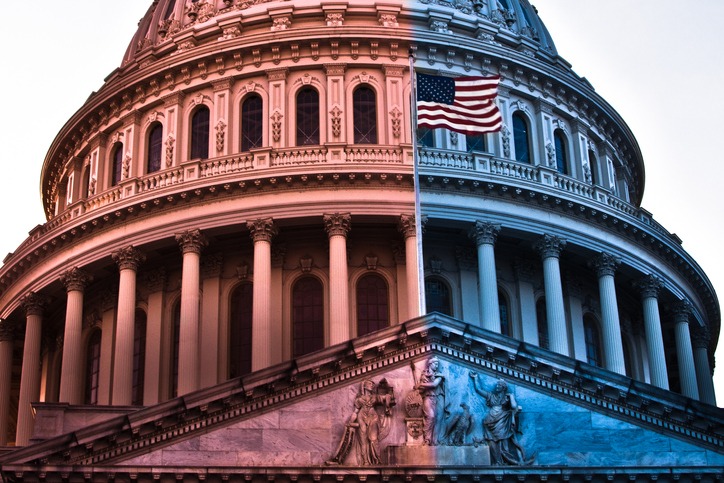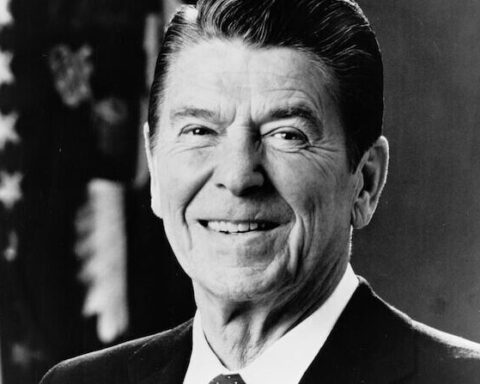Do you trust the government?
On the surface, a person’s answer to that question will typically be about who the current politicians are and whether they are members of a certain political party.
But what if I told you that our trust in the government can be more about us than them, that our trust can really come down to how much control we have or think we have in our politics?
By control, I mean our impact on politics and whether our actions matter and can change a political situation.
This is called political efficacy, and it’s a root cause of the country’s satisfaction or dissatisfaction with the state of politics on both sides.
If political efficacy is high, a person feels that their political actions and opinions matter and that the government will acknowledge them and respond. People feel they have control within the political system, and that, along with other citizens and elected officials, can affect it.
If political efficacy is low, people feel their political actions and opinions don’t matter, that the government won’t acknowledge their concerns, and that it may be corrupt or out for its own interests. People feel they do not have control within the political system and can’t bring about change.
In short, it’s whether our actions can affect the political culture.
Examples include participating in the political process, voting, or protesting in favor or against specific political issues.
And while political efficacy is always present, it’s a seldom talked about concept that has a significant impact on the politics of democracy.
Whether you’re a Democrat, Republican, or somewhere in between, political efficacy can drive how we look at politics and is behind how we eventually make decisions in the democratic process.
This article will examine how political efficacy impacts the political parties and our elections and why high political efficacy is vital for a healthy democracy.



